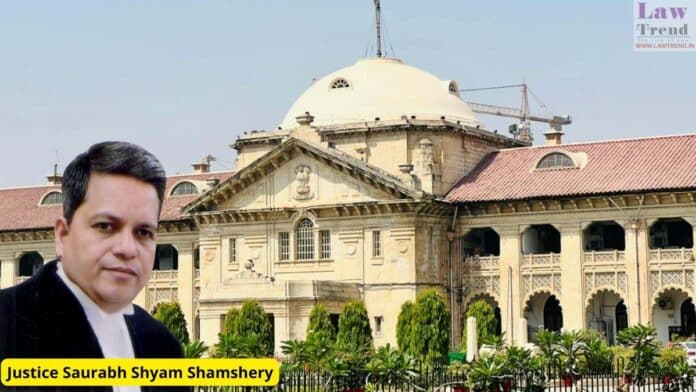The Allahabad High Court, in a judgment delivered on August 26, 2025, has held that an employee on ‘transfer on deputation’ does not possess an indefeasible right to complete the full tenure and can be repatriated to their parent department at any time by the borrowing department. Justice Saurabh Shyam Shamshery dismissed the writ petition
To Read More Please Subscribe to VIP Membership for Unlimited Access to All the Articles, Download Available Copies of Judgments/Order, Acess to Central/State Bare Acts, Advertisement Free Content, Access to More than 4000 Legal Drafts( Readymade Editable Formats of Suits, Petitions, Writs, Legal Notices, Divorce Petitions, 138 Notices, Bail Applications etc.) in Hindi and English.




